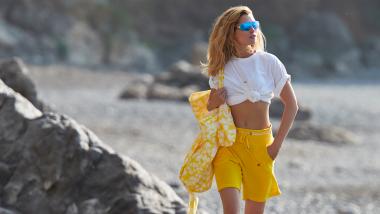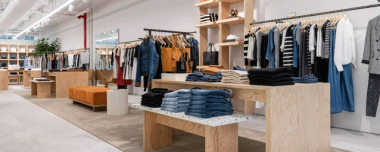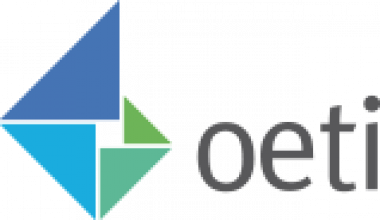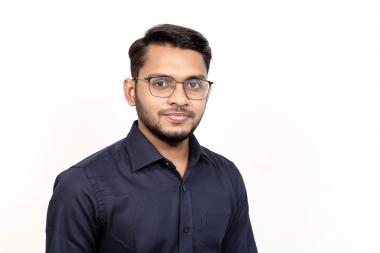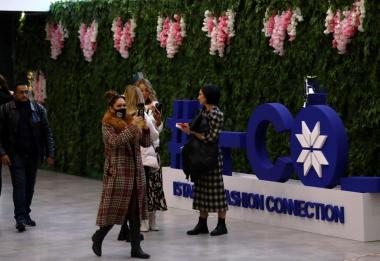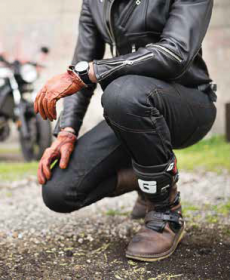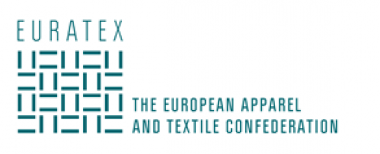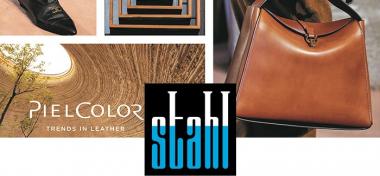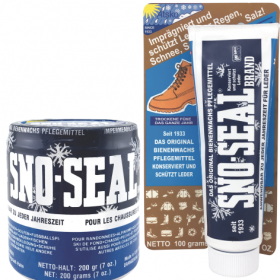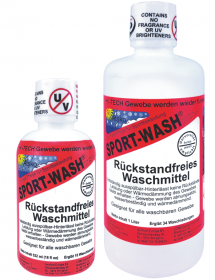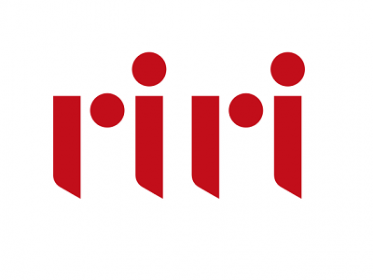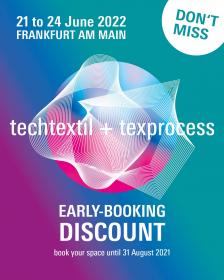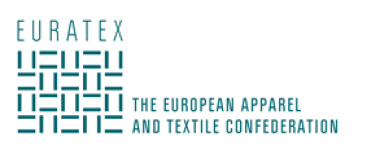BOGNER: High Summer 2022 collection
The BOGNER High Summer 2022 collection is inspired by the life on the amalfi coast in Italy - luxurious comfort, understated glamour and the typical BOGNER loose elegance. High summer color shades meet new, natural materials for a cool look when it's hot outside. Colorful and comfortable for women in iconic blousons and jackets in memory nylon, a selection of sporty and luxurious shorts in leather, colored denim and terry or summer dresses with unique prints and silhouettes. For men, 100% merino wool jackets, loose suits, outdoor jackets and beach shirts are available for a cool look that conveys subtle glamour and sporty touch.
Willy Bogner GmbH & Co. KGaA


